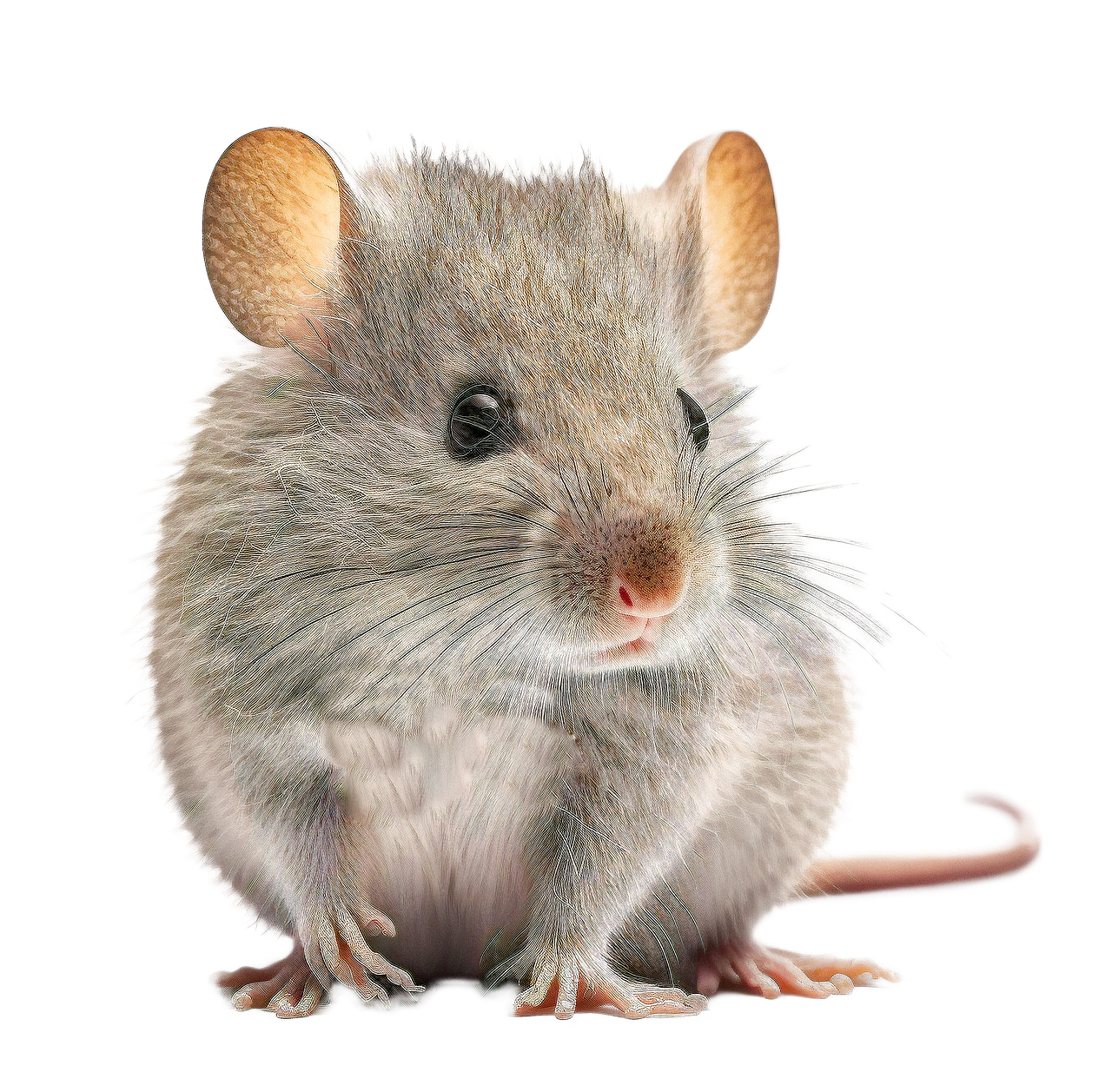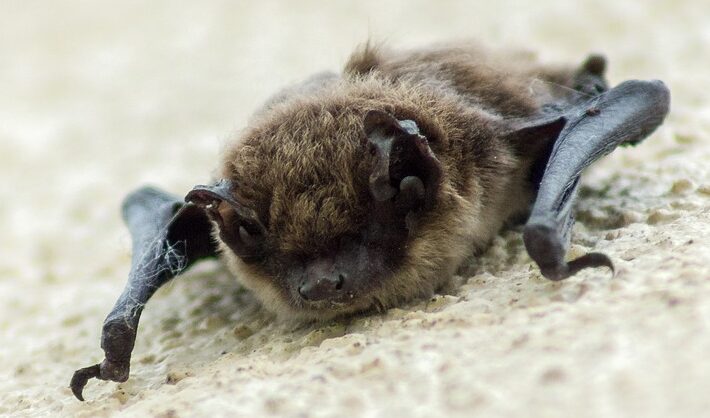Although the NSPCA understand methods to control for damage causing animals are necessary we advocate the implementation of humane alternatives before reverting to lethal methods.
Controlling with Kindness
The NSPCA acknowledges that animal control may be necessary for various purposes, including but not limited to damage-causing animals; feral population management; disease control; conservation purposes and invasive species control. The NSPCA also recognises that the trapping of animals may be necessary for various other management and animal well-being purposes, including but not limited to disease control and monitoring; relocation; rescue; treatment; rehabilitation; scientific purposes; and population management and control. Regardless of the reasons and circumstances, any method, technique, or equipment used must always be humane and competently applied, including that all animals deserve the same level of consideration for their well-being.


In instances where trapping can be applied and its validity considered a sound approach, the NSPCA believes that the following conditions must apply to ensure that animal suffering is avoided:
- The persons carrying out the trapping should be competent in using the equipment and techniques, including in the species involved;
- The traps should be in good repair and be tested prior to use;
- The traps and techniques should be of appropriate design, size and placement for the species involved;
- The trap must be designed and placed to prevent injury and stress;
- Measures should be taken to avoid unnecessary capture, trapping or killing of non-target animals;
- The traps must be checked regularly (every few hours) and/or the use of a trap alert systems can be used;
- Food, water and nesting material must be provided, including protection against all-weather elements;
- Relevant national and provincial legislation, including municipal bylaws and regulations are applicable.
Click here for further info on humane bat deterrents.
Click here to further info on humane bird deterrents.
Click here to further info on poisons.

